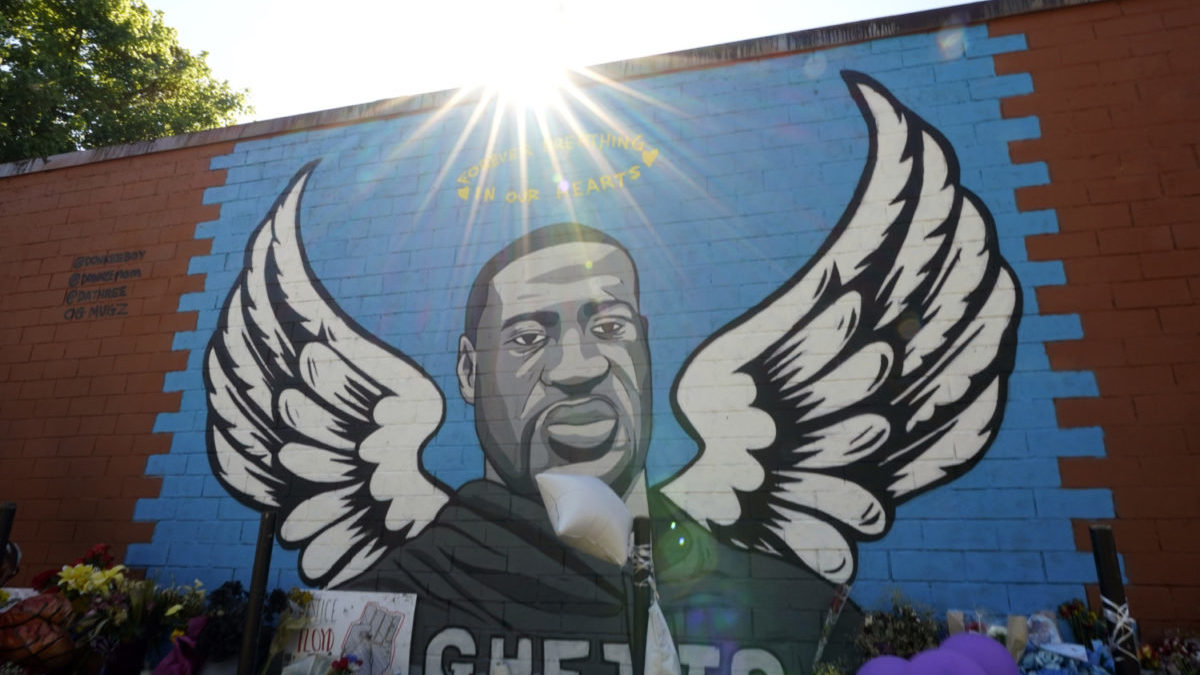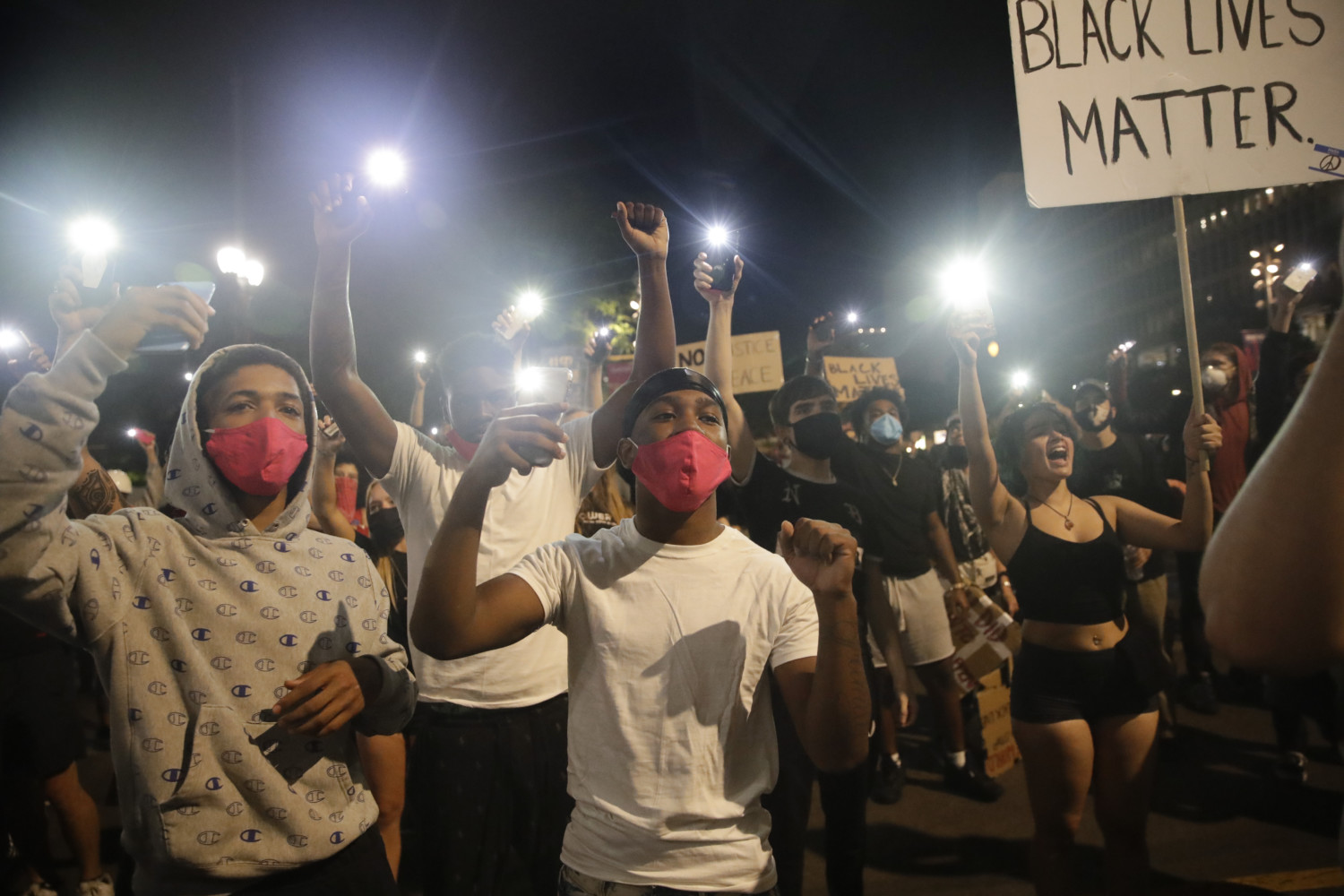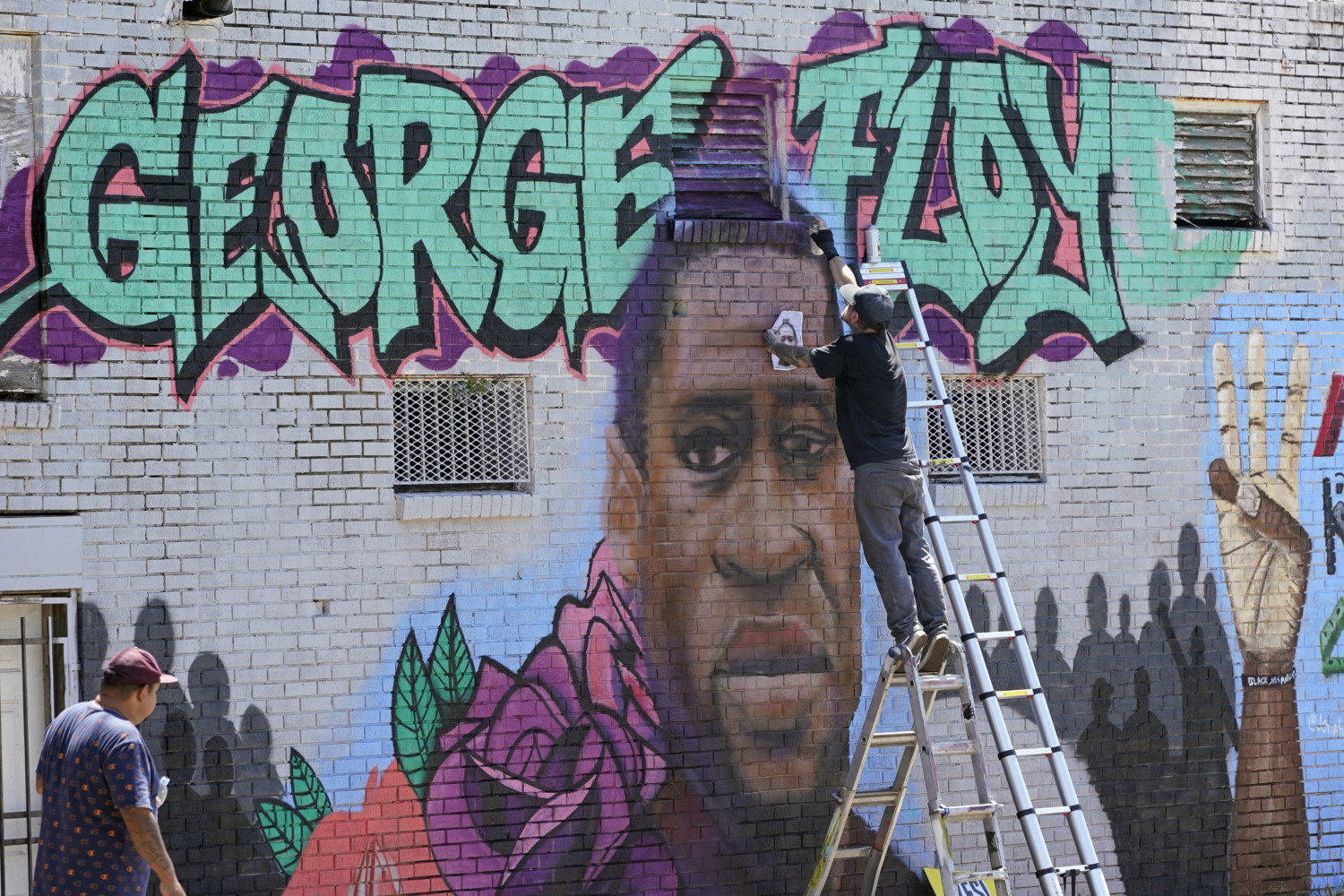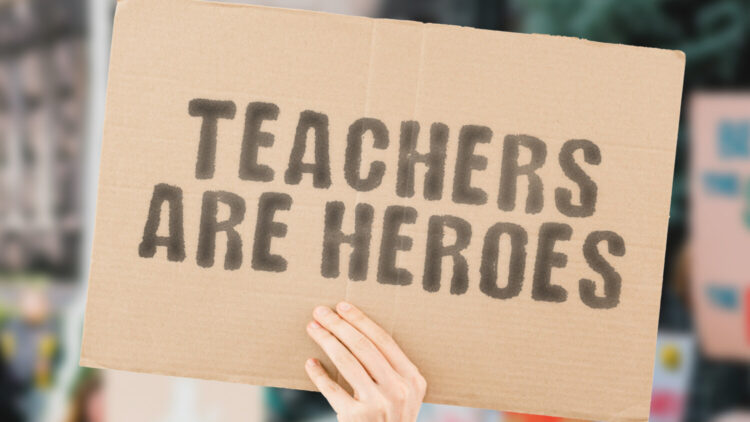George Floyd’s 2nd grade teacher saved an essay he wrote when he was in her class

When George Floyd was a second-grader at Frederick Douglass Elementary school in Texas, he had a kindhearted teacher named Waynel Sexton.
Every February, Sexton celebrated Black History Month with her students by studying Black Americans who had made history, and she encouraged the students to think about how they might change the world themselves someday.
Sexton held on to many pieces of work that her students turned in over her years as a teacher. When she was looking through them recently, Sexton discovered that she had saved a particular essay from 1981, when a little 8-year-old boy named George Floyd was in her class (known then by his middle name, Perry).
Today, the nearly 40-year-old essay carries a new and powerful poignancy.
“Each day in the month of February, we studied a different famous Black American, and as a culmination to that study, I posed the question to my students: ‘How will you impact the future? What will you do to make a difference?'” Sexton told CNN. “So, in response, each student wrote a story or an essay called ‘Future Famous Americans’ and described their aspirations.”
The finished project submitted by the young Floyd described the boy’s aspirations to one day become a Supreme Court Justice.
“When I grow up, I want to be a Supreme Court Judge,” Floyd wrote on the wide-lined paper. “When people say, ‘Your honor, he did rob the bank,’ I will say, ‘Be seated.’ And if he doesn’t, I will tell the guard to take him out. Then I will beat my hammer on the desk. Then everybody will be quiet.”
The essay was accompanied by a crayon drawing that Floyd drew of himself in a judge’s robe. Now, several decades later, countless artistic renderings of Floyd can be found in street murals, protest signs and T-shirts around the world.
“We couldn’t have known that the 8-year-old who was writing this essay was going to have such a profound impact on justice,” Sexton told “Inside Edition” during an interview. You can see Floyd’s essay and drawing in the video of the interview here, which the news program shared on YouTube:
Of course, the painful irony is that Floyd did change the world forever, and his murder at the hands of a white police officer in Minneapolis has already inspired astonishing change.
He brought the Black Lives Matter movement and long-simmering ideas about criminal justice reform to the forefront of the national conversation, and prompted activism from not just Americans but millions of other people around the globe.

George Floyd is now a household name that is synonymous with the fight for justice. He may not be sitting on the Supreme Court but he has altered history on a global scale, possibly more than any single judge ever has or ever could.






